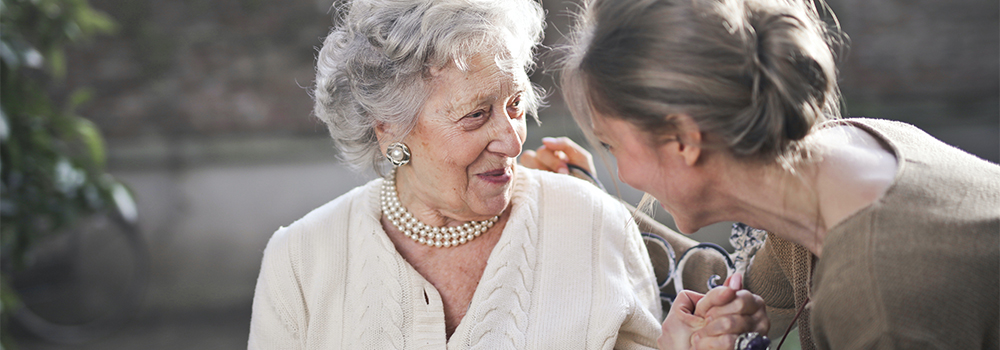
Easing the Transition to Assisted Living
Our Approach at McGregor
Families put so much time, energy, and thought into selecting an Assisted Living community for their aging parents. They want nothing more than their mom or dad to be comfortable, happy, and well cared for in their new home. Imagine how difficult it is when, after the move finally happens, your loved one is struggling with the transition.
Many individuals who move to assisted living are in their 80s. They have spent decades living in a familiar environment—sometimes the same home for upwards of 50 years—and now they find themselves in a brand new building with brand new people. They are missing the familiarity and comfort of their home. They don’t know what they’re supposed to do when and they are realizing that they can’t do as much on their own as they used to. Understandably, this can lead to quite a cognitive and emotional tailspin.
This is why our goal at McGregor is to foster relationships among our residents. When a new resident arrives, we work to help them find a “buddy.” We look for an individual who shares a common interest or has a similar background or values. Our team has found that when you help a new resident connect with one or two people right away, it can contribute to a better lifestyle.
What else can you do to help your loved one adjust?
- Realize that it takes time. You may feel guilt, or second guess your decision, if you see your parent struggling to adjust. This won’t last forever. It can take several months for someone to adjust to Assisted Living.
- Be prepared to adjust your visit frequency early on. Visiting as often as possible can help your loved one feel less lonely or “abandoned.” However, sometimes frequent visits can prevent your parent from branching out. Consider giving them space to encourage them to make new friends and connections with other residents.
- Listen to their fears and concerns. It is easy to want to stress all of the positives of the move to your loved one—the activities, the people, and the opportunities to learn and grow in a new, safe environment. However, your loved one may simply need you to listen to and acknowledge their fears.
- Bring some of the comforts of home. Logistically, it is not possible to furnish your parent’s apartment with the same items they had in their home. However, you can bring favorite items: a beloved coffee mug, a special piece of artwork, or framed family photos.
Our team is here to help you and your entire family navigate the transition to Assisted Living. Reach out at any time for more information.

